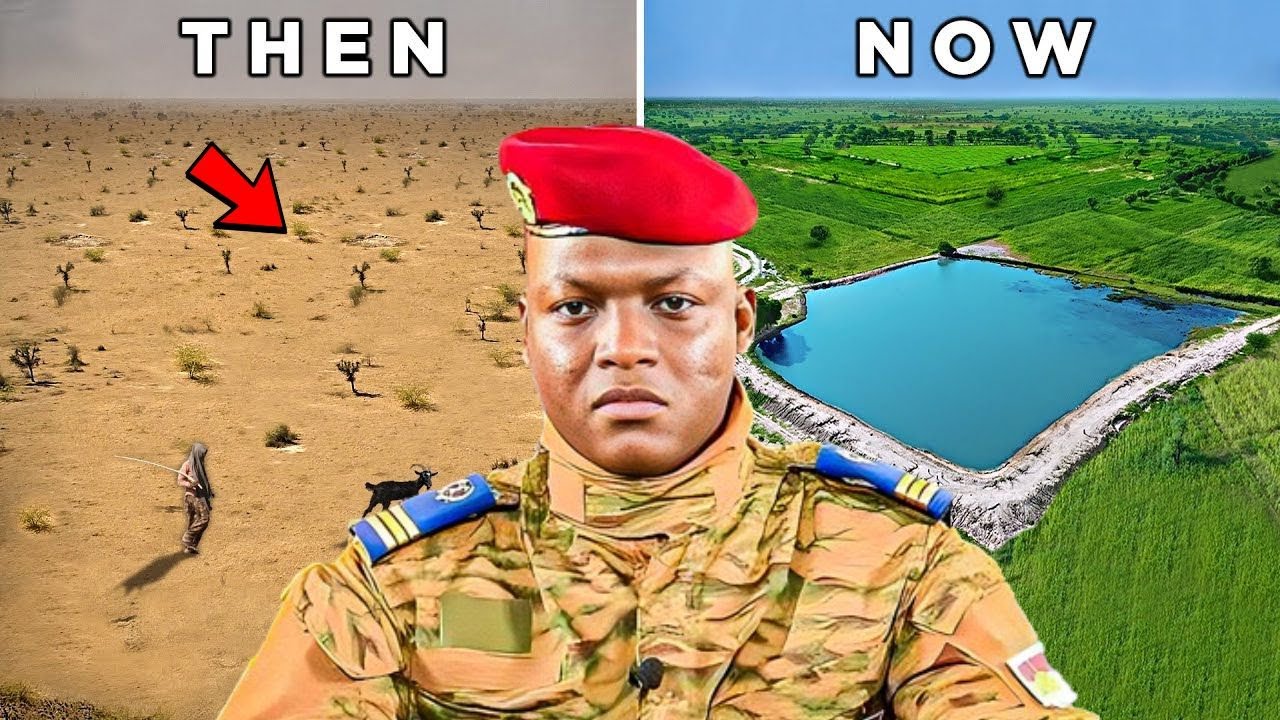**Headline: Ibrahim Traoré’s $145 Million Water Revolution: A Lifeline for Burkina Faso**

In a groundbreaking move that could redefine the future of Burkina Faso, President Ibrahim Traoré has unveiled a staggering $145 million water security initiative aimed at combating the nation’s escalating water crisis. This bold six-year plan promises to reshape the country’s water infrastructure, bolster food security, and empower local farmers and herders, marking a pivotal moment in Burkina Faso’s quest for self-reliance and sustainability.
For millions in this West African nation, access to clean and reliable water has long been a daily struggle. Climate change, rapid desertification, and erratic rainfall patterns have turned water scarcity into a dire crisis, jeopardizing agriculture and threatening economic stability. With over 80% of the population reliant on agriculture and livestock for survival, the stakes could not be higher. Traoré’s initiative is not just a response; it is a declaration of intent to take control of the future.
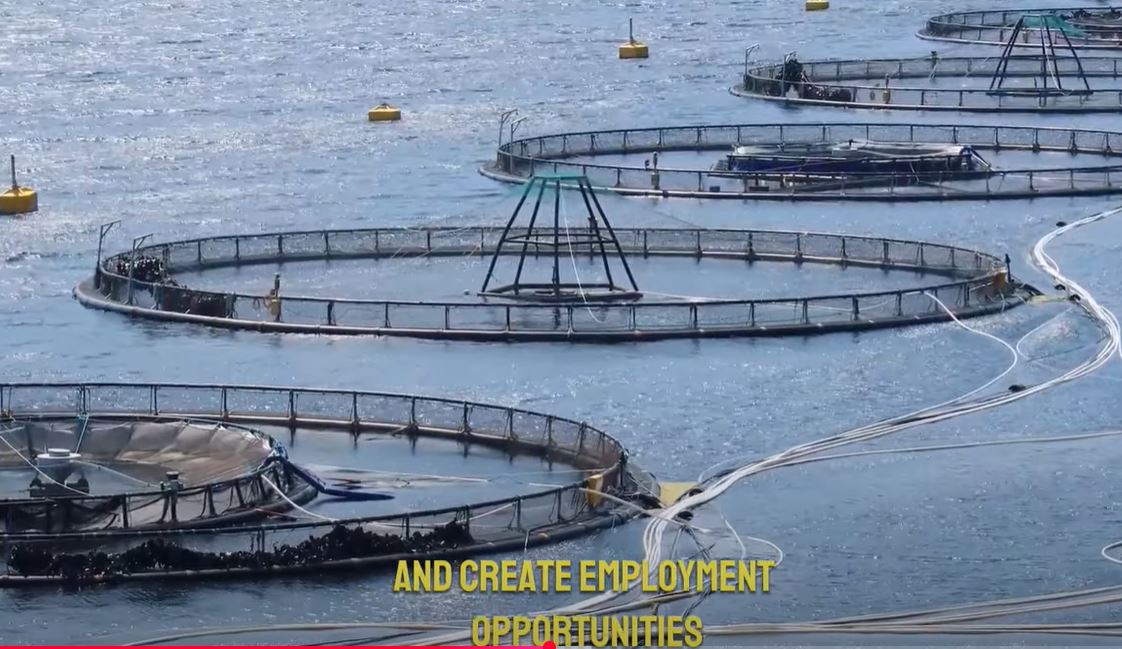
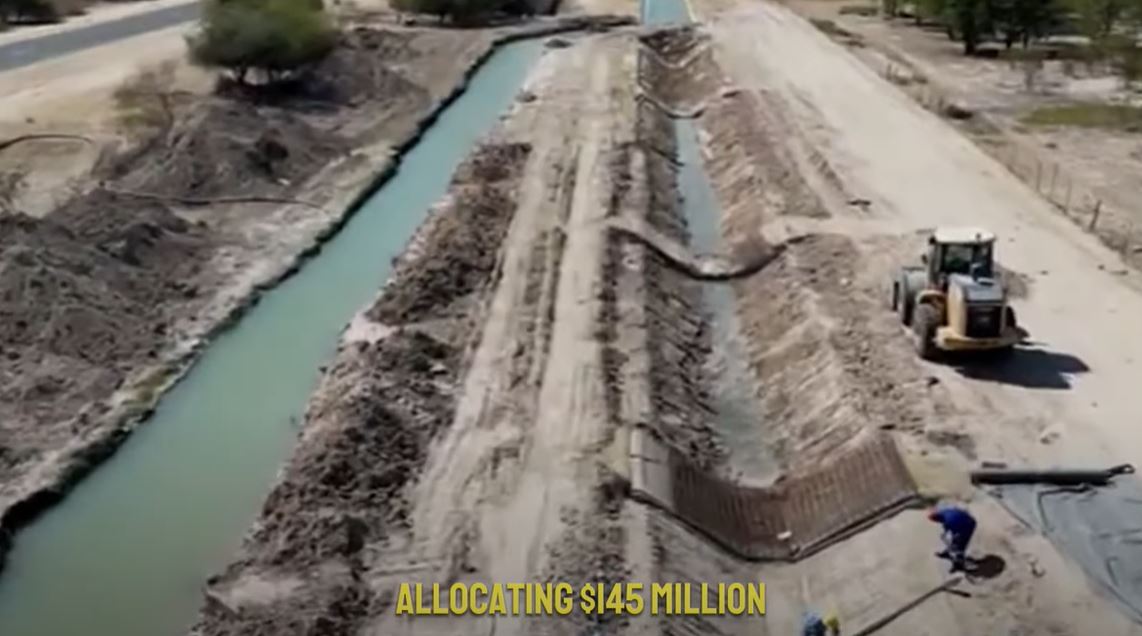
Just last month, the Council of Ministers approved this ambitious initiative, allocating funds to revitalize and modernize Burkina Faso’s water resources. The plan encompasses a series of transformative strategies designed to ensure a stable and sustainable water supply. At the heart of this initiative lies the revitalization of 35 major dams, which will be rehabilitated to prevent collapse and improve water storage capacity. This crucial upgrade will guarantee farmers and urban centers consistent access to water, even during the driest months, stabilizing food production and daily consumption needs.
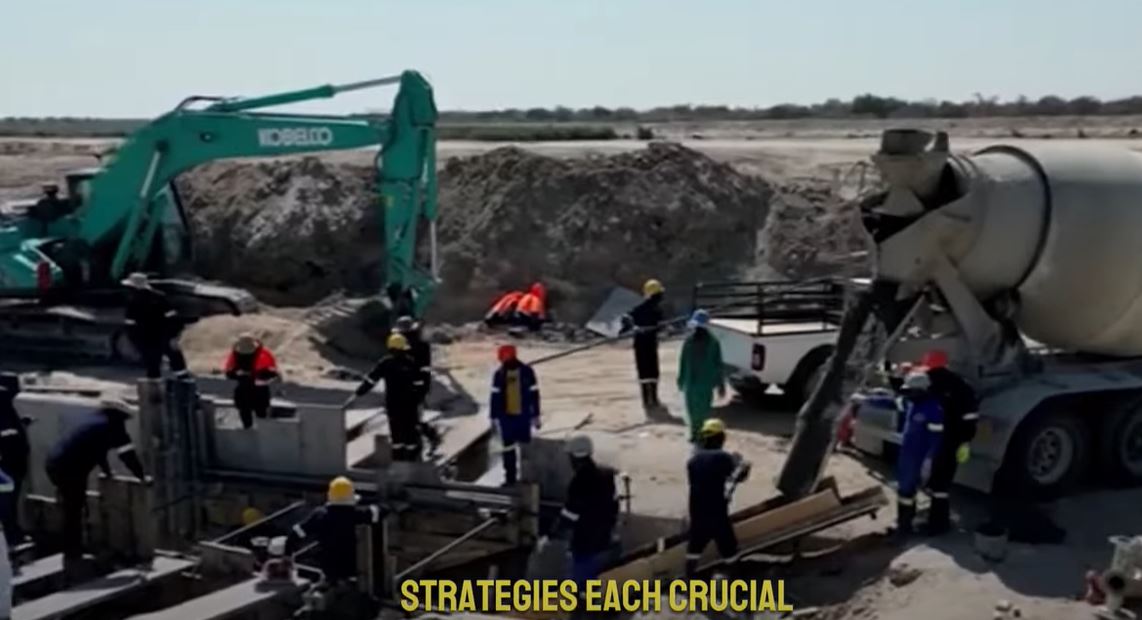
Additionally, the initiative aims to expand and modernize irrigation systems, restoring 788 hectares of farmland and introducing advanced techniques to boost agricultural productivity. This will not only enhance food security but also create jobs and strengthen the national economy through increased agricultural exports. Furthermore, the restoration of 15 key water reservoirs will ensure continuous water supply for domestic use, livestock farming, and irrigation, significantly reducing the risk of food shortages.
Community involvement is another cornerstone of Traoré’s plan. The establishment of 80 community-led water committees will empower locals to manage their water resources effectively, promoting sustainable practices and preventing waste. The initiative also plans to construct 15 new fish ponds to enhance local aquaculture, providing affordable protein sources and employment opportunities while reducing reliance on imported fish.
But the ambition does not stop there. The initiative includes restoring 5,000 hectares of degraded land to combat desertification and enhance biodiversity, as well as constructing 175 kilometers of dedicated cattle tracks to facilitate livestock movement. This will not only improve livestock health but also reduce conflicts between farmers and herders, paving the way for a more harmonious coexistence.
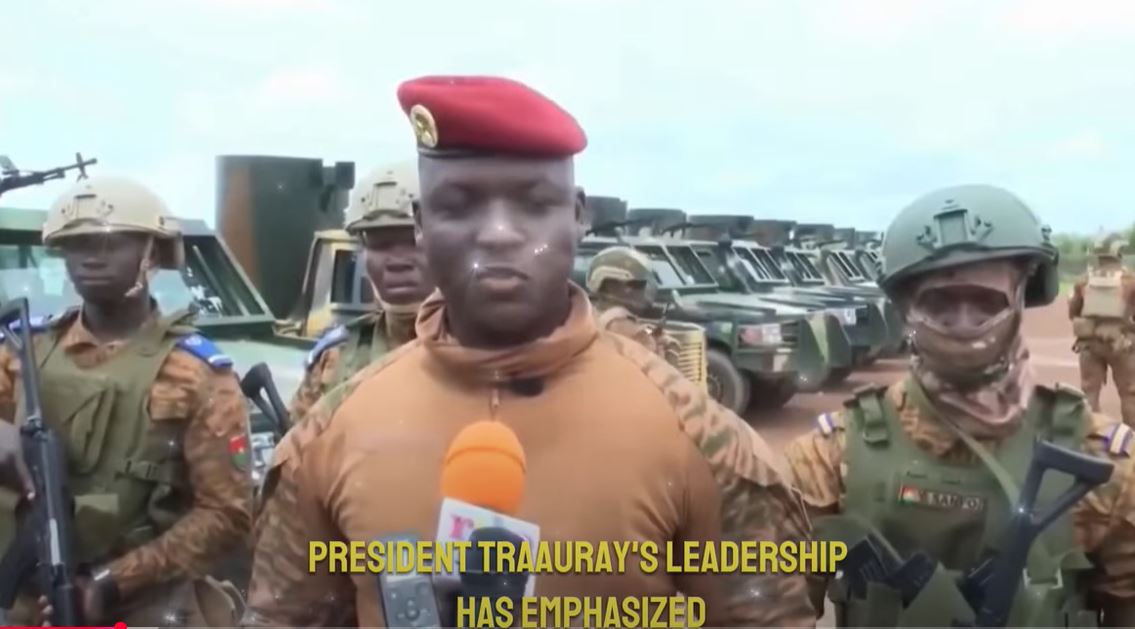
As part of a long-term vision, the establishment of a National Water Fund will ensure ongoing investment in water security, financing future projects and maintaining existing infrastructure. This fund is critical for the sustainability of the initiative, as the initial investment, while substantial, requires continuous funding to prevent deterioration.
Despite the promise of this ambitious project, challenges loom on the horizon. Sustainable financing, community engagement, and climate change adaptation will be paramount to its success. The potential for poor maintenance and governance issues could undermine the initiative’s goals, making strong oversight and monitoring essential.
Ibrahim Traoré’s water security initiative is more than just an infrastructure project; it is a lifeline for Burkina Faso, offering hope for millions facing the harsh realities of water scarcity. By investing in sustainable water management, the initiative aims to strengthen agriculture, boost economic growth, and position Burkina Faso as a leader in climate resilience within West Africa. As the world watches, the question remains: can this ambitious plan deliver the long-term water security that Burkina Faso desperately needs? The answer may define the future of a nation.



